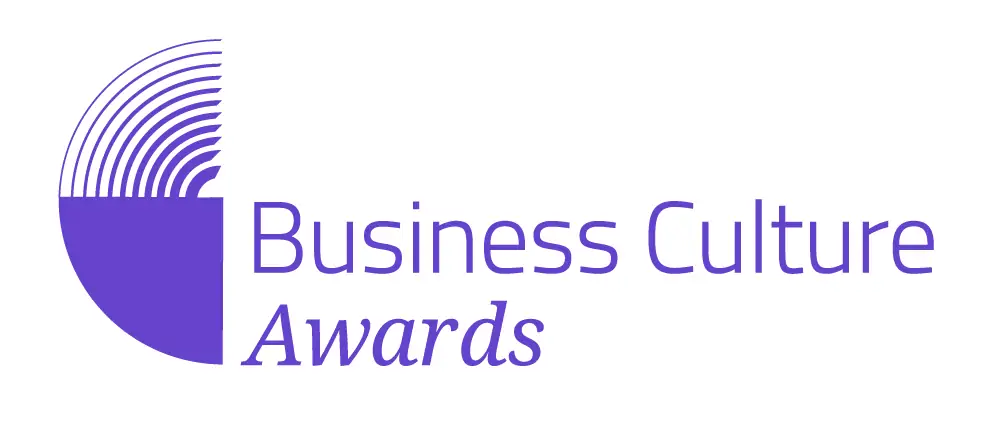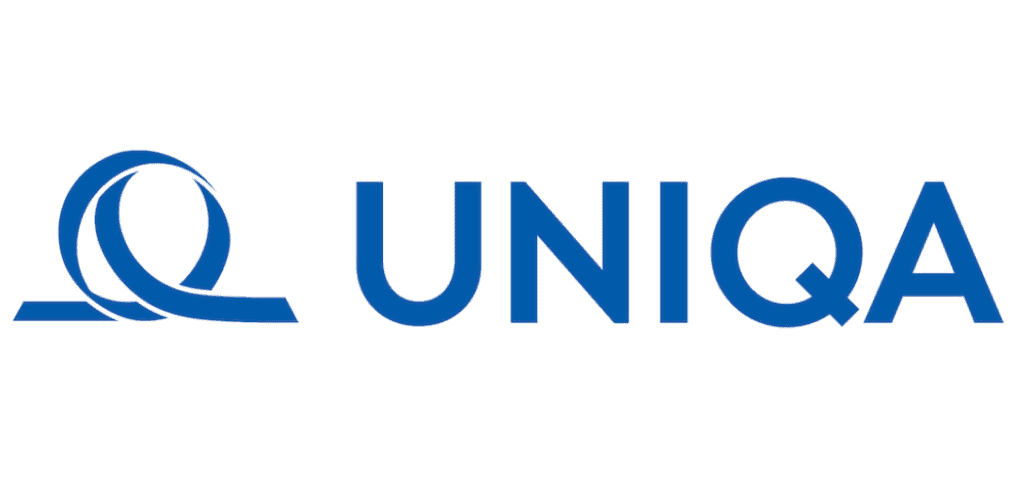Background
UNIQA Insurance Group, a large and complex organization consisting of more than 15,000 colleagues located in 18 European countries, is undergoing transformation, in a challenging and volatile environment. To remain a leader in the rapidly changing insurance industry, the company launched a new strategy to help transform from a classic insurance company into a compelling service provider. With a 100-year heritage, UNIQA knew that the same culture that brought the company to where it is today, won’t be the same culture that enables it to achieve its ambitious strategic goals.
The challenge that UNIQA faced was how to leverage the power of cultural change to achieve strategic business goals and how to inject energy and momentum into the culture transformation in a way that starts a sustainable wave of culture change at scale.
Approach
UNIQA responded by founding a Culture Office to create a knowledge centre on culture change. Their role was to orchestrate and design cultural initiatives to drive positive change. This team has grown from 2 to 4 but its power rests in engaging colleagues from across the organisation. Based on a global internal culture survey, UNIQA defined a future-fit target culture, where employees are empowered to take action and collaborate beyond traditional boundaries.
To realize this, UNIQA started working with Accenture on a highly participative approach, designed to foster a culture of experimentation in individual behaviors, which ultimately lead to a global movement. 15 UNIQA people were trained and accredited as Experimentation & Storytelling Trainers, alongside their usual role in the business. They led 15 cohorts each with up to 12 Experiment Leads, so that in Phase 1 more than 130 people were able to begin Experimentation Journeys with their teams, underpinned by the Accenture team’s extensive knowledge of experimentation. The group of Experimentation Trainers and Experiment Leads is very diverse, involving 10 countries, almost all board departments, every level of the hierarchy, and the proportion of women is >60%. Experiments are implemented quickly and lead to rapid progress. The participants developed new behaviors, gained new experiences and developed new mindsets. They communicated their experiments through storytelling, thus sharing their newly gained experiences and inspiring colleagues to join the culture change movement.
Outcomes
Within months from inception, the change has become tangible and created a visible impact across the organisation by engaging UNIQA colleagues throughout the organisation, across more than 10 countries and diverse functional departments. Many small steps have started the momentum which has led to a movement.
Participants surveyed following the first phase of Experimentation & Storytelling Journeys fully agreed that this was a very effective approach. The coaching sessions which Experimentation Leads received were highly appreciated scoring 4.6 out of 5 and Experiment Leads said they would like to continue their projects (4.67 out of 5). The majority would also recommend participating in the program to others (4.3 out of 5). The results clearly show that the setup of the Experimentation & Storytelling Journeys created positive experiences.
Other survey results show that culture change at UNIQA is well on track (5 = fully agree): “I feel that I have learned something about culture change” (4.28 out of 5); “I feel like I understand the new direction we want to take for our target culture” (4.5 out of 5); “I feel that experimentation gives me the opportunity to contribute to our culture change” (4.25 out of 5); “I feel that experimentation is the right way to improve our culture” (4.15 out of 5); “I feel that there has already been a positive change in our culture through experiments and Experimentation Journeys” (4.15 out of 5).
Participants of the first phase have commented on the impact of the change program: “Closer collaboration with colleagues, more interest in our other initiatives, more efficient meetings”; “Individual improvement of the daily work routine. More focus, efficiency and achievement of goals”; More effective work and facilitation in the daily work routine, Promotion of personal responsibility; “Employees give open feedback, learn to take more responsibility, begin to simplify or focus processes”.
View the UNIQA + Accenture video on Experimentation and Storytelling. View Accenture’s Leadership & Culture homepage and Leadership thought piece.
View more Transformation case studies here

